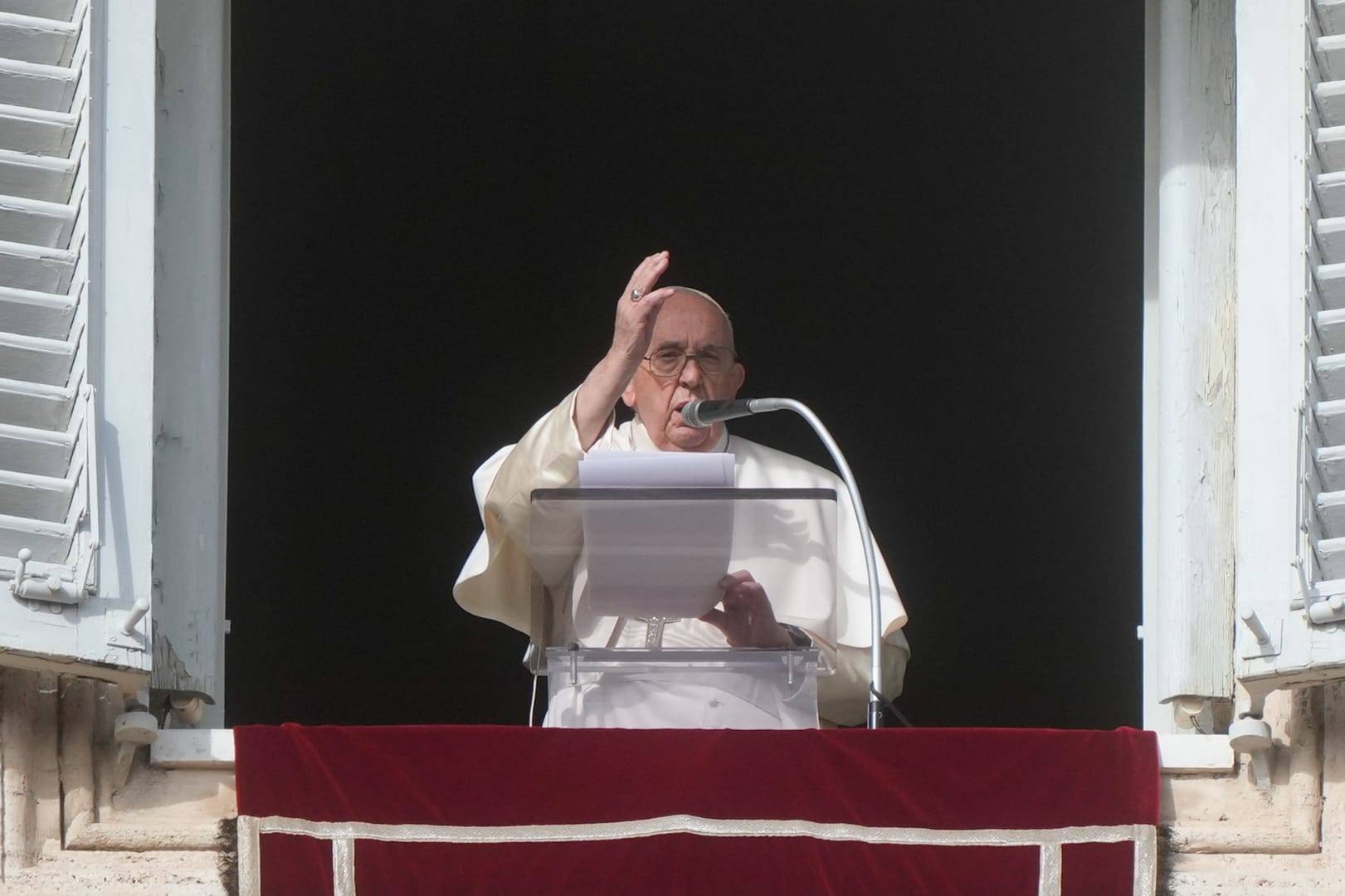YAOUNDÉ, Cameroon – Archbishop Samuel Kleda, the president of the bishops’ conference in Cameroon, says President Paul Biya should step down.
Kleda, who serves as the Archbishop of Douala, made his remarks as officials of the ruling Cameroon People’s Democratic Movement, CPDM, called on Biya to once more run for re-election in 2018, extending his 35-year rule.
In a wide-ranging interview with Cameroon’s French-language newspaper, La Nouvelle Expression, the archbishop said if the president “loves his country,” he will step away from office.
He said it would be better for Biya to think about a peaceful transition of power, “by giving power to someone else-either to a member of his political party, the CPDM or a member of the opposition.”
Kleda said those calling on the 84-year-old president to once more run for office are doing so only “to protect their personal interests and privileges…those people don’t love this country.”
Kleda is not the only Catholic prelate to call on the 85-year old president to resign. In 2012, the Emeritus Archbishop of Douala, Cardinal Christian Tumi, said it was necessary for Biya to step aside.
The cardinal said after 30 years in power and given the age of the president, it would be hard to see anything new he can bring.
“I would love to see a change. Change is always good,” Tumi told The Post newspaper.
“I don’t see any change happening in Cameroon by 2035, the year the government claims will see the country transformed into an emerging economy,” he said.
Tumi explained that he wasn’t against the candidacy of Biya, but that at his age, regardless of endurance and physical strength, the president “can no longer run such a young and complex country.”
Both archbishops have also called for presidential term limits.
But supporters of the Biya regime have questioned the position of the churchmen, saying that it would be undemocratic to limit the terms of office of a president.
“If the people ask the president to continue the good work he has been doing, then it would be a violation of the people’s will if term limits are placed on presidential mandates,” said Elvis Ngolle Ngolle, a member of the Central Committee of the ruling CPDM.
In 2008, the Cameroon Parliament scrapped term limits to allow Biya to once more run for office in the 2011 elections. It was a widely unpopular reform that led to widespread unrest in the West African country, which left dozens of people dead.
Cameroonian writer Dibussi Tande – now based in the United States – described the development on his blog as being “tailored to suit the political whims and caprices of a single individual and his surrogates – a definite recipe for acrimony, chaos and disaster down the road.”
A flashback to Biya’s 35-Year rule…so far.
Biya came to power on November 6, 1982, after the country’s first president, Ahmadou Ahidjo stepped down after 22 years, citing his failing health.
Biya came to office announcing a new era that would be based on the principles of what he called a New Deal, based on rigor and moralization, as well as democratization.
For the first time since independence, Cameroonians dreamed of a country where corruption would become a thing of the past, and where the people would be free to choose their leaders.
But barely four years after taking power, Biya declared an economic crisis: For over three decades since, the country has reeled under the weight of rising unemployment, excruciating poverty, and a general sense that many people weren’t living out their dreams.
The much-promised rigor and moralization turned out to be a farce. In two consecutive years – 1998 and 1999 – Transparency International named Cameroon the most corrupt country on earth.
On the political front, Biya had said he wanted to be remembered for bringing democracy to Cameroon, but it took the deaths of six people in the country’s North West Region in 1990 to force the president to end the one-party rule in 1990, when the opposition Social Democratic Front was launched.
He went forward to win the first multi-party presidential election in the country by only 39 percent, although various observers declared that the opposition candidate, John Fru Ndi, actually won the vote.
“I have never seen any transparent election in Cameroon,” said Tumi.
Yet, the president’s men have pointed to the existence of about 200 political parties and a wide range of media organs as sure signs of the vibrancy of the country’s democracy.
The president has often touted peace in the country as his greatest achievement, but this, too, rings hollow.
The country has suffered political violence during elections, and the Nigerian-based Boko Haram has conducted numerous attacks in Cameroon as well.
Since last year, the Anglophone crisis – involving the aspirations of the 20 percent of the population that speaks English – has threatened to tear the country apart.
In July, the Catholic bishops called for prayers across the nation to achieve piece in the country.
“We want to entrust Cameroon as well as all other countries at war to the hands of God,” Kleda said.

















